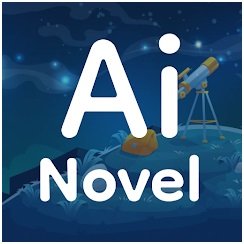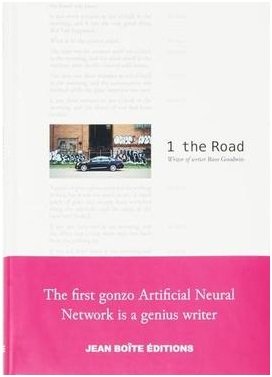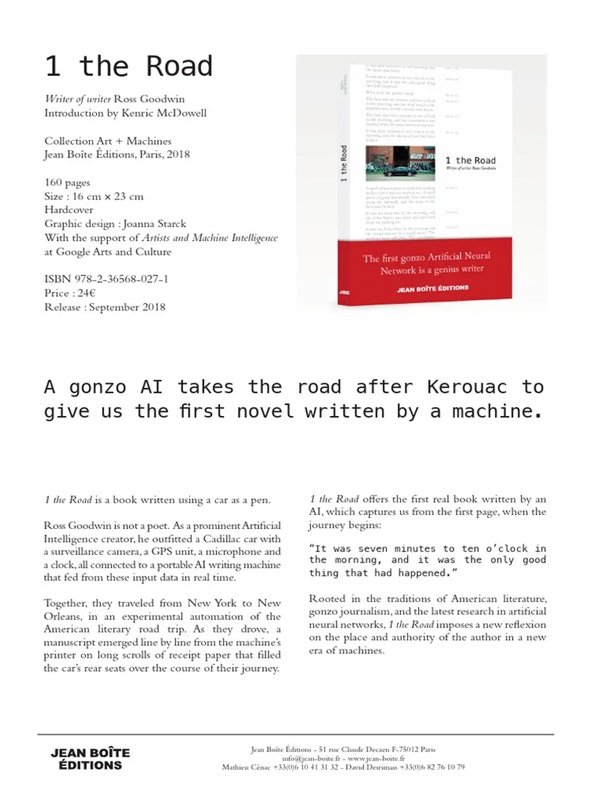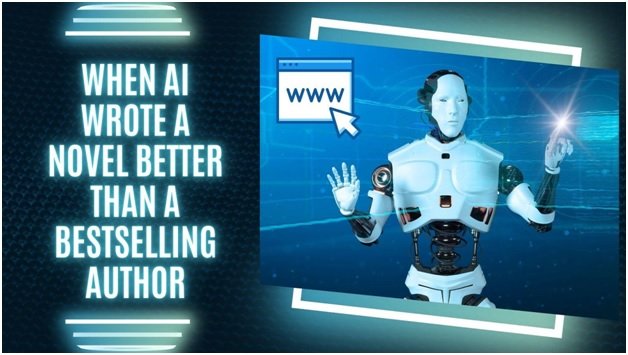In recent years, artificial intelligence (AI) has made incredible strides in healthcare and customer service. However, one of the most unexpected areas where AI has shown remarkable promise is in creative writing.
According to Google Play, AI helps in creative writing by correcting misspelled words, inaccurate phrases, wrong verb tenses, subject-predicate inconsistencies, and punctuation.
The idea that AI could write a novel that surpasses the works of bestselling authors can seem far-fetched at first, but the truth is that AI has already begun to challenge traditional writing norms.
Let us explore AI’s fascinating journey in literature and how it is reshaping the future of storytelling.
The Rise of AI in Creative Writing

Smart PC technology has played a key role in the rise of AI in creative writing. With the development of natural language processing (NLP) models, AI has evolved from assisting writers with grammar and suggestions to generating entire stories.
Models like GPT-3 (created by OpenAI) are trained on vast amounts of data. They learn the structure, style, and nuances of language, allowing them to produce creative and engaging narratives that captivate readers.
The Novel That Shocked the Literary World

1 The Road is a deeply engaging, AI-generated novel that explores a unique narrative driven by machine learning algorithms. It pushes the boundaries of creative writing by combining human-like storytelling elements with the precision and consistency of artificial intelligence.
The novel can evoke various emotions, from intrigue to contemplation, as it delves into various themes such as survival, identity, and the human experience.
According to publishdrive.com, AI content creation harnesses computer systems’ ability to mimic human intelligence, such as learning, reasoning, and problem-solving, speeding up the book-writing process.
What Made the AI Novel Stand Out?
So, what made ‘1 The Road’ stand out and even overshadow works by bestselling human authors? Several factors contributed to its success:

- AI and the Future of Authorship: 1 The Road challenges traditional notions of authorship by showcasing the capabilities of AI in creating intricate plots, characters, and dialogue.
- Machine Mimicking Human Creativity: The novel demonstrates how AI can analyze vast amounts of text and adapt its writing style to mirror human-like creativity.
- Blurring the Line Between Human and Machine: This novel offers an innovative perspective on merging human and machine-produced work, reflecting our changing relationship with technology.
- Impact on Literature and Art: 1 The Road’s success sparks a larger conversation about the role of AI in art and literature, inviting readers to rethink creativity in the age of technology.
- Revolutionizing the Creative Process: The novel marks a significant shift in how literature is created, proving that AI can meaningfully contribute to the world of storytelling.
Can AI Truly Write Better Than Bestselling Authors?
While AI has made impressive strides in the world of creative writing, there are still questions about whether it can truly surpass the work of human authors. Many critics argue that AI lacks the emotional depth and personal experiences that human writers bring to their stories.
A novel written by a human author is often shaped by their unique life experiences, cultural background, and emotional insights, something AI cannot replicate. However, AI excels in certain aspects of writing that can enhance a story.
On top of that, AI can quickly analyze vast amounts of data and generate ideas that might take a human author much longer to develop. Moreover, AI can be used as a tool to assist writers, offer suggestions, improve drafts, or even brainstorm new plot twists.
Ultimately, whether AI can write a better novel than a bestselling author depends on how we define “better.” If we focus on elements like plot coherence, emotional resonance, and writing style, AI has certainly proven that it can compete with human authors in some respects.
However, let’s consider the personal, lived experiences that influence a human author’s work. AI still has a long way to go before it can truly surpass the creativity and soul of a human writer.
The Future of AI in Literature
The success of AI-generated novels raises intriguing possibilities for the future of literature. As AI continues to evolve, we can expect even more sophisticated writing tools that can assist authors in ways never before imagined.
AI could become a valuable tool for writers, helping them develop plots, improve their writing, or even generate entire novels in a fraction of the time it would take a human.
However, it’s also important to consider the ethical implications of AI in creative writing. As AI becomes more adept at writing compelling stories, it raises questions about authorship, intellectual property, and the role of human creativity.
Should AI-generated works be credited to the AI itself, or should the developers behind the technology receive recognition? These are questions that will need to be addressed as AI continues to play a larger role in the world of literature.
Conclusion: A New Era for Storytelling
The day when AI wrote a novel better than a bestselling author is not just a momentary achievement, it signifies the beginning of a new era in storytelling. AI is changing the way we think about writing and creativity, offering new possibilities for authors and readers alike.
While it may never fully replace human writers, AI has proven that it can enhance the creative process and open up exciting new avenues for storytelling.
As technology continues to evolve, the line between human and machine-created literature will become increasingly blurred. Whether you’re a fan of AI-generated fiction or a traditionalist who values the human touch in storytelling, one thing is clear: the future of literature is bound to be shaped by the incredible advancements in AI technology.v







